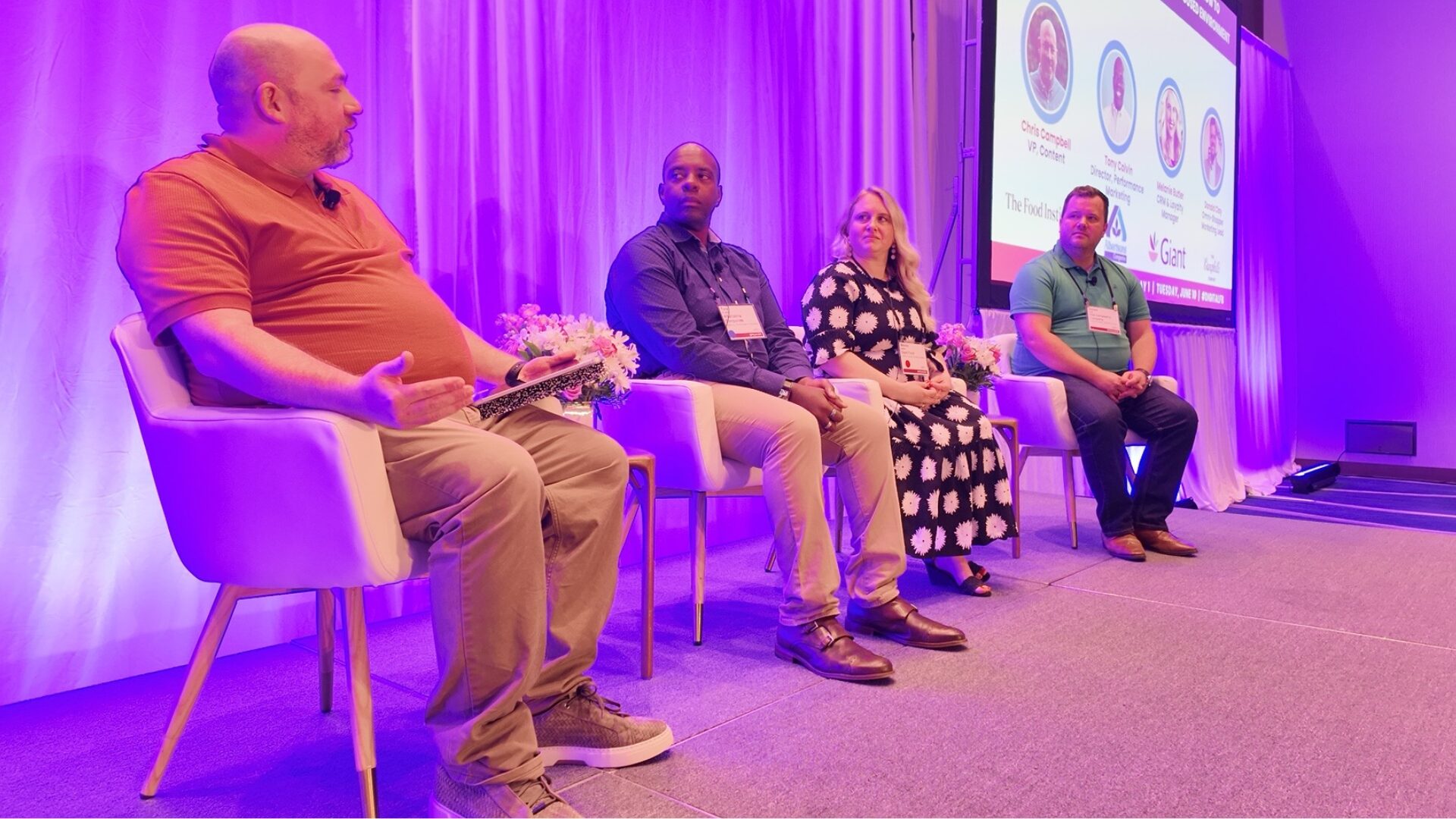Chip City launched just four years ago, under less-than-ideal circumstances. The cookie-and-coffee chain’s CEO, Peter Phillips, had a background in construction and was largely unfamiliar with the food industry. The company started with a mere $70,000 loan. Plus, the brand’s first location, in the Astoria neighborhood of Queens, New York, was the definition of modest at barely 250 square feet.
But passion and sound planning can carry a business a long way.
“We had this idea to do cookies and coffee out of a small shop, with very humble expectations,” Phillips told The Food Institute recently, in an exclusive video interview. “Our original business plan was to sell 100 cookies a day. We got some good press, and things really took off from there.”
Chip City, which expects to have 30+ locations by the end of 2022, cites several factors as keys for its success, including:
A FOCUS ON A UNIQUE, QUALITY PRODUCT: Chip City offers 40 different cookie flavors, including specialties like Italian Rainbow Cookies, Baklava Cookies, and Cinnamon Roll cookies.
CREATIVE USE OF SOCIAL MEDIA: Chip City has used social media to spread the word about its offerings in a manner that gets consumers excited. The goal, Phillips said, is simply to get customers to interact with the brand on multiple levels, and to showcase Chip City’s seasonal offerings.
“That’s definitely our secret sauce: we invest a lot in content creation,” Phillips explained.
REINVESTMENT IN THE COMPANY: When you’re trying to grow a company as fast as Chip City’s leaders are – and without taking outside capital – it requires a balancing act. Chip City’s leaders have put a premium on investing in the brand.
“Everything about Chip City is just reinvestment back in the company,” Phillips said. “From Day One, everything that’s come in the door here we’ve just put back into the company.”
OWNING THE SUPPLY CHAIN: Chip City currently uses an 18,000-square-foot commissary that centralizes the production of its products.
“We’ve invested now in automation, to help streamline processes,” Phillips said. “We’ve really gotten to a place now where we can expand more aggressively, because of the infrastructure that we’ve developed at our new [commissary] facility.”
Now, barely four years after its launch, Chip City is expanding into the suburbs and looking to grow in markets like Florida, Philadelphia, and Washington, D.C. In fact, Phillips could envision Chip City evolving into a national presence.
“We’re excited to keep growing,” Phillips said, “and pushing the envelope on what this brand can be.”












